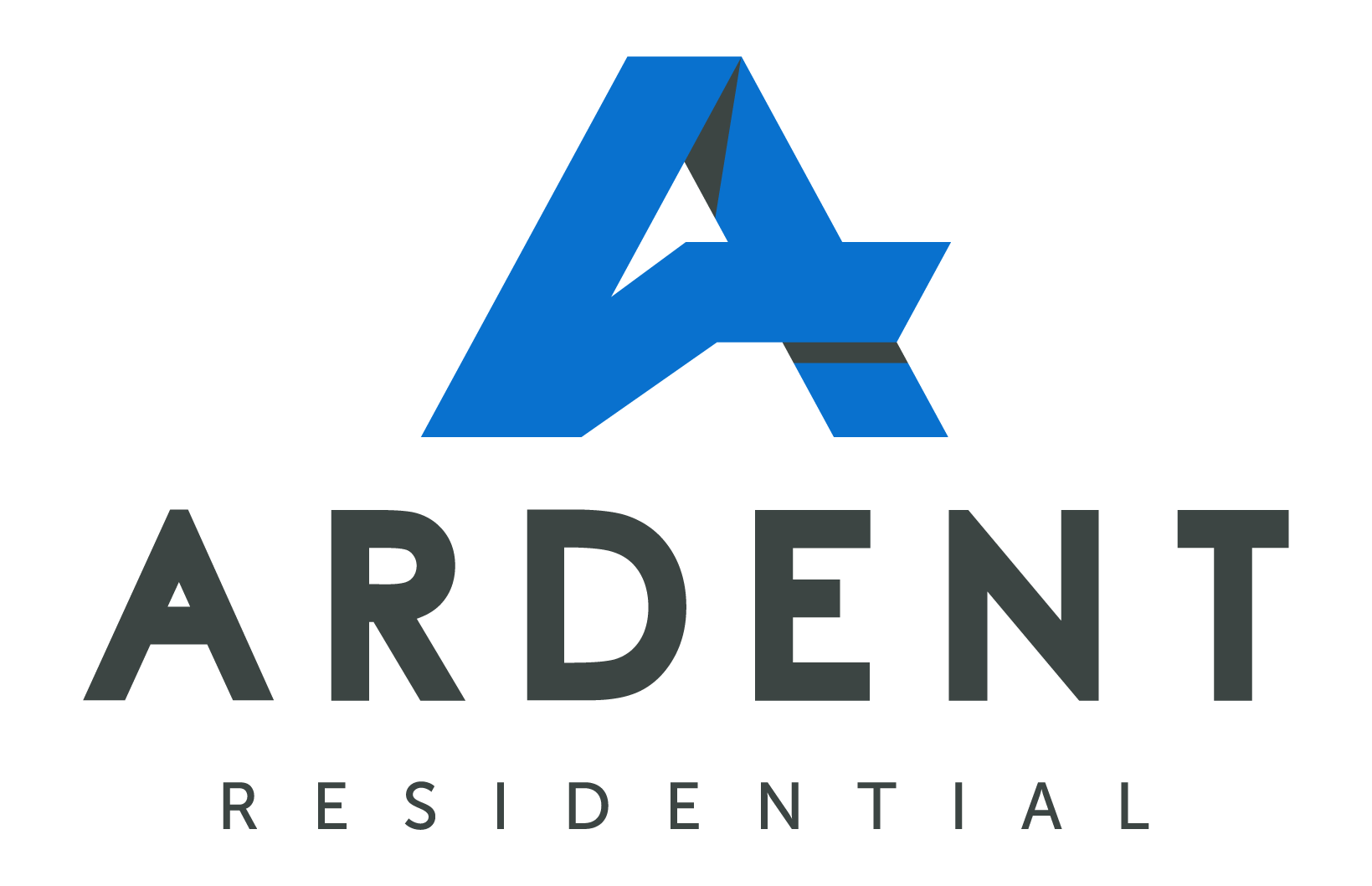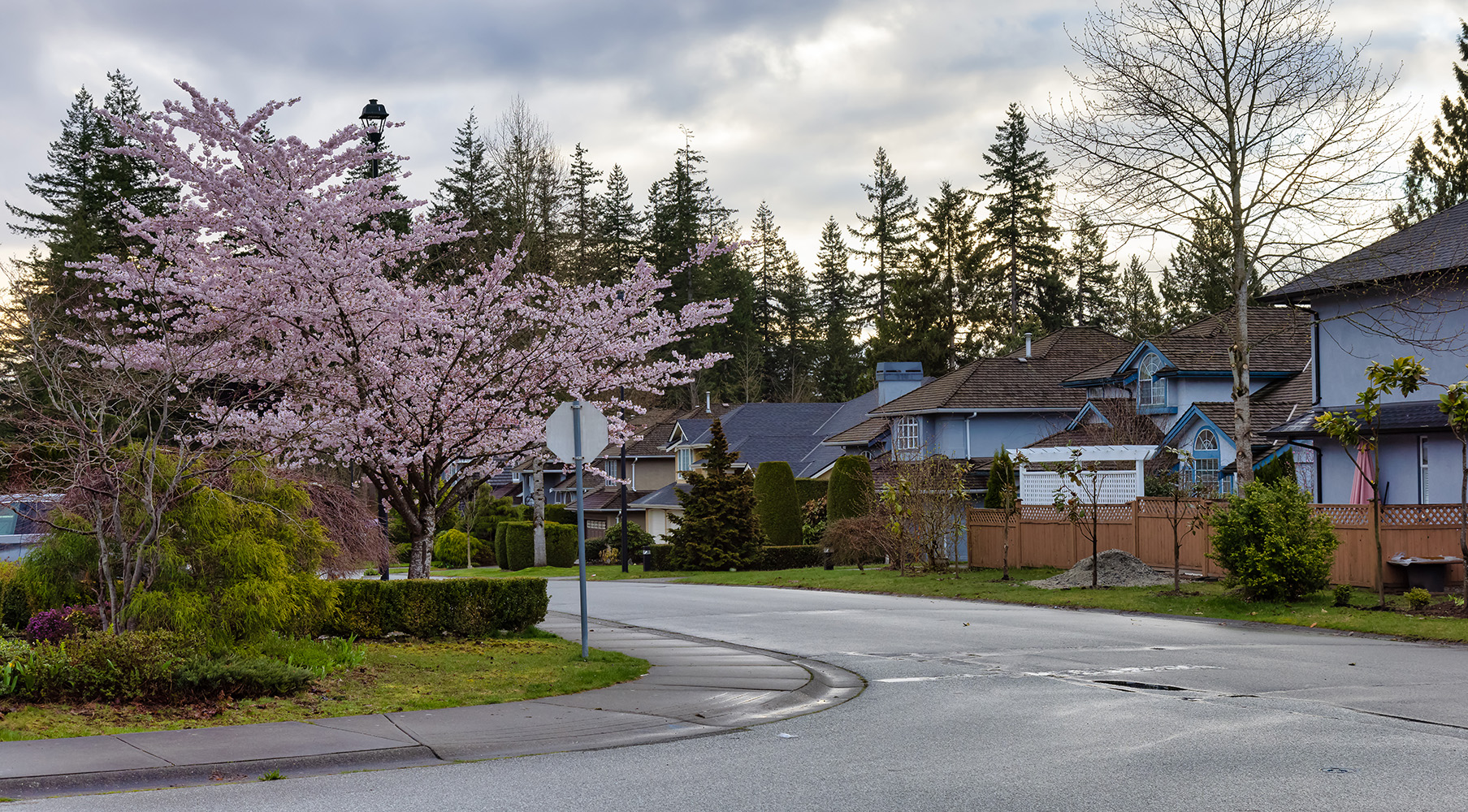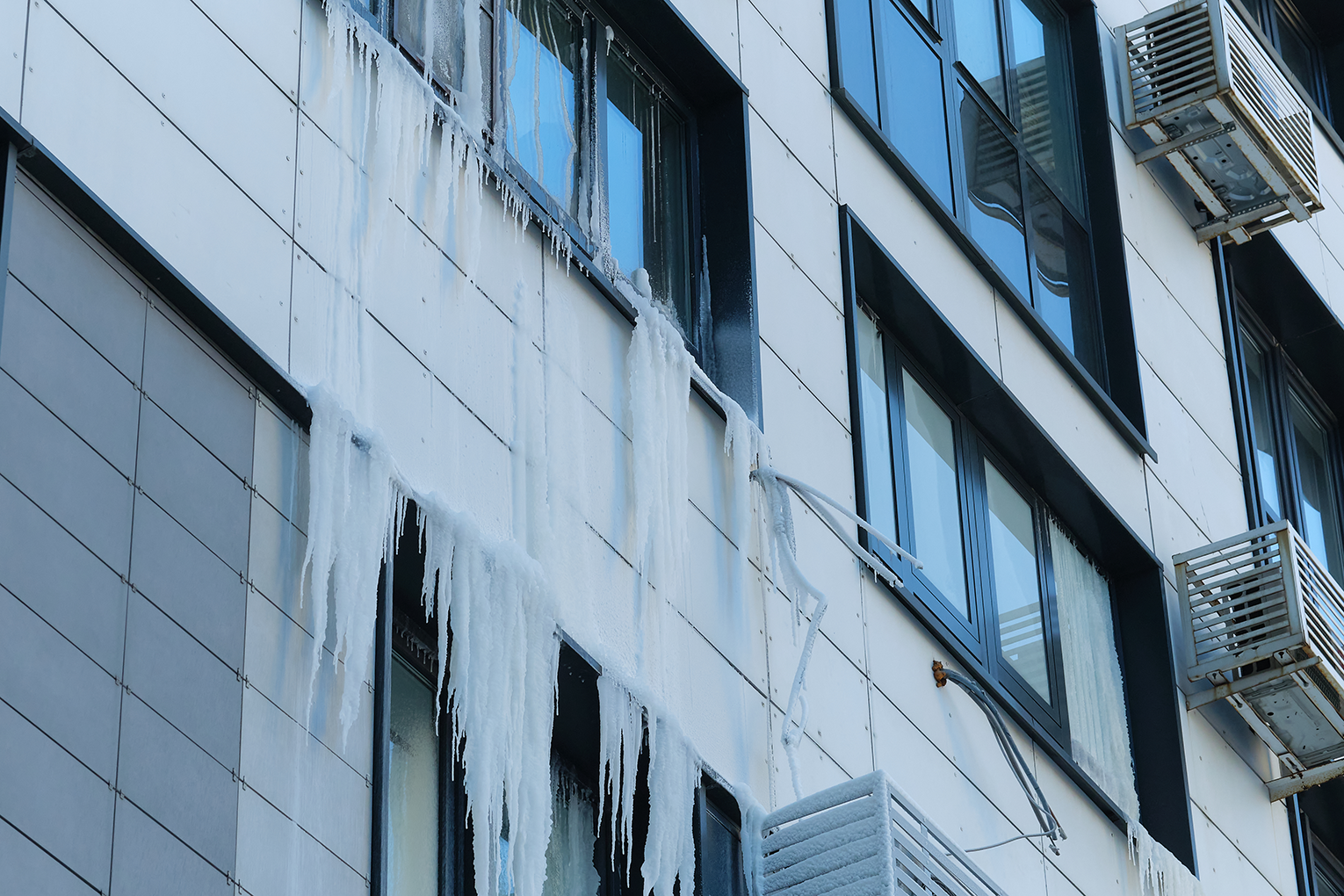What’s The Homeowners Role?
Living in an association community (Condo or HOA) comes with many benefits, including consistent property values, a sense of belonging, and standards of compliance. However, to fully experience these benefits, its the homeowners role to play an active part in the community. Just as the Board of Directors has a responsibility to the community, homeowners also have certain duties. Whether you’re considering becoming an owner, or already are one, the list below was curated just for you. Keep reading to find out what made Ardent’s list of the Top-5 most important homeowner responsibilities…
1.) Familiarizing yourself with rules, policies, and procedures.
When you buy a home that’s part of a community association, you automatically become a member of the association. As a member it’s the homeowners role to be responsible for following all its rules and regulations. Condo and homeowner association rules are set by governing documents, as well as all applicable state, provincial, and federal laws. This collection of documents includes information about your association’s specific rules, restrictions, procedures, and other guidelines.
It’s the homeowner’s role to review the governing documents to familiarize yourself with these rules, and take steps to avoid violations. You’ll also find that these documents detail certain processes for things like home improvement projects, community maintenance, and reserving community facilities.
2.) Educating yourself on homeowner rights.

Another part of the homeowner’s role is to become educated on specific rights afforded to you as a member of the association. You have certain constitutional rights, but as a member of an HOA, you may have additional privileges and responsibilities. Your rights and duties as a member of your association are outlined in:
- GOVERNING DOCUMENTS –
The governing documents consist of the master deed, bylaws, covenants and enunciate rights and responsibilities for a particular Condominium or Homeowners Association. - FEDERAL, PROVINCIAL, STATE, & LOCAL LAWS AND ORDINANCES –
Statutory codes that are specific to residential community associations can be found within each state’s laws and ordinances. These laws are completely separate from your Association’s by-laws. State statutes are usually not provided to homeowners by the association, but can be found online or at law libraries. - THE CONSTITUTION –
The Bill of Rights guarantees rights such as freedom of speech, freedom of religion, due process of law, and freedom from governmental search and seizure. These Rights guaranteed by the laws US Constitution are the supreme law governing any property within the United States. As such, no laws enacted by any state or governing body can supersede them. This does not mean that contradictions in law do not occur, in fact many laws enacted by states and associations have been overturned in court after a finding has been determined that they infringe upon citizens “inalienable rights”.
3.) Paying assessments.
While most people realize there’s a regular property assessment due to the association for their property, few understand what it’s for and why they must pay it. Keep in mind that the association is a business and must function as one. Assessments pay for the daily operating expenses of the association, which may include, but are not limited to:
- Insurance
- Audit and tax returns
- Management staff
- Landscaping maintenance
- Regulatory fees
- Reserve contributions for future renovations
- Snow removal and other basic weather-related needs
4.) Holding the board accountable.
As a good steward of the community, it’s critical to keep a pulse on what’s happening at the leadership level. Your governing documents will detail what the association is responsible for, how board members are elected and removed, the powers and duties of the board, and much more. While you should always be respectful of the board, its the homeowner’s role to ensure the condominium or homeowner association’s operations are managed correctly. If you see something nefarious, it is your responsibility to say something. Suggested methods for pointing out non-compliant board members or actions of the board include:
- Sending a letter to the board. The letter should be factual, brief, and well-intentioned. Include a date and time, and make sure to keep copies.
- Attending and speaking up in a board or general meeting. Be tactful and courteous in expressing the expectation for the matter to be corrected.
- Getting support from other homeowners. If other members are affected by the issue, organize a team to attempt to change the situation.
- Retaining an attorney to represent yourself or a group of homeowners. Seek someone with experience in homeowners’ association law.
5.) Getting involved in the community.

When you become involved in your condo or homeowners association, you’re likely to affect change. As an active participant in your association, you’re more educated on its functions, a familiar face to board members, and a more thoughtful neighbor. You can also share your education with other homeowners who may not have a clear understanding of association rules and by-laws. Getting involved is easy; here are a few ways to get started:
- Attend meetings. One of the most impactful ways to get your voice heard is attending association meetings, such as annual meetings and board meetings.
- Volunteer on a committee. A committee helps relieve the workload of the board while contributing to the well-being of fellow homeowners.
- Go to social events. Get to know your neighbors and have a little fun in the process. You might meet a new friend or become better acquainted with the board.
- Engage on the community’s digital platform. It’s okay (and encouraged) to answer poll questions or voice your opinion.
Members Matter Most
As you can see from the list above, owning a home within a community association requires regular involvement by all members. Whether it’s passive participation – by knowing and abiding by the rules governing members, or being actively engaged as a board member, homeowner cooperation is integral for any association to thrive. As more homeowners seek out association communities for the benefits they provide members, having a clear understanding of the homeowner’s role directly affects the future of every association and remains more important than ever.
Be The First To See Articles Like This – Scroll Down To Follow Us or Sign Up For Our Newsletter!





